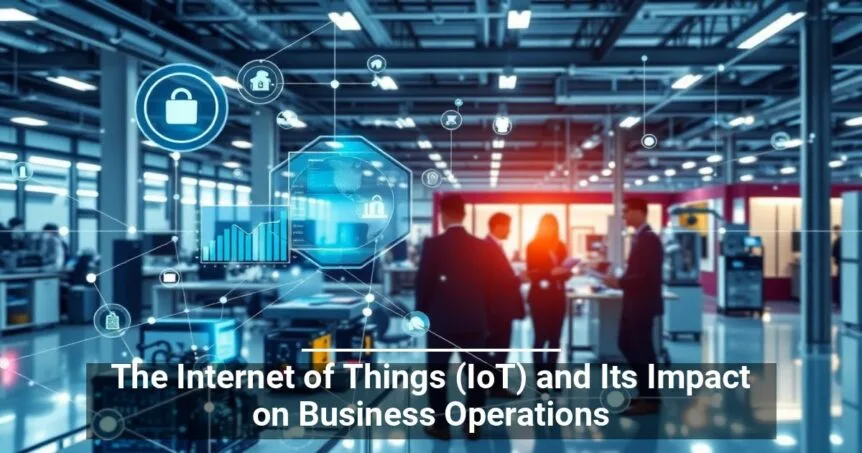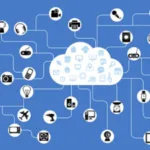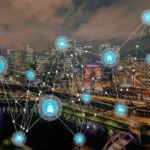The Internet of Things (IoT) emerges as a transformative force reshaping business operations. Picture an interconnected network where every device, from computers and smartphones to printers, communicates seamlessly over the Internet. This is the reality IoT brings, fundamentally altering the way businesses function.
The Internet of Things is a vast network where both smart and non-smart devices transmit and share important data in real-time via the Internet.
Smart devices are equipped with artificial intelligence and advanced technologies that reduce the need for human intervention. These include everything from smartphones and smart appliances like refrigerators and thermostats that can learn and adjust themselves. Non-smart devices, like cameras, might not possess intelligence but are fitted with sensors that allow them to perform specific functions and report their findings.
IoT’s Advantages in Business Operations
With IoT creating a web of connected devices, automation becomes the backbone of efficiency. In industries, for example, remote sensors integrate with machinery to continuously gather data. They monitor performance, anticipate potential failures, and quickly address issues, making operations smoother and more efficient.
By automating processes, IoT cuts down the time spent on manual tasks, reducing downtime significantly. IoT doesn’t just facilitate task execution; it provides real-time insights into the status of equipment and various business activities. It helps predict when repairs are needed, enabling proactive maintenance that prevents disruptions in operation.
Beyond streamlining tasks, IoT plays a critical role in optimizing energy usage. By closely monitoring energy consumption, IoT systems offer strategies for improving environmental sustainability. In agriculture, for example, IoT introduces efficient fertilizing and watering techniques that increase nutrient absorption and minimize waste.
In office settings, IoT sensors detect when natural light is insufficient, automatically adjusting artificial lighting. Smart thermostats adjust indoor temperatures according to work schedules, ensuring energy is used efficiently.
As IoT continues to revolutionize business practices, the expected integration of 26 billion devices by 2030 promises even more benefits and opportunities for innovation.






